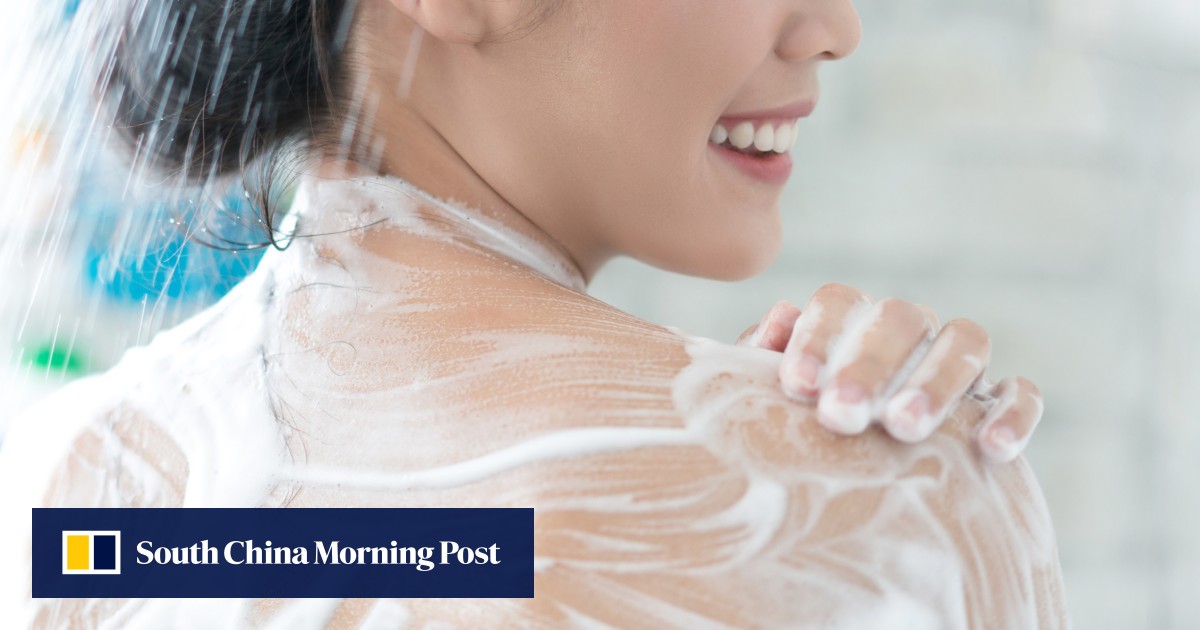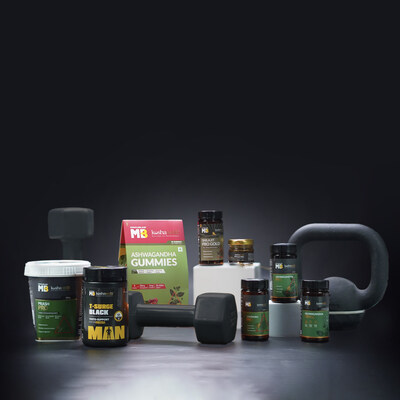Wholesome, nature-infused images used on shampoo, shower gel and cream labels might make you think you’re doing a meaningful thing for the environment, but don’t be taken in by appearances.
Inviting images don’t necessarily mean a genuine commitment to good ecology, and may simply play on associations to steer a product into your shopping basket.
“It’s very popular to advertise on cosmetics packaging with images of plants and leaves, flowers and fruit,” says Kerstin Effers, environmental and health protection officer at the consumer advice centre in the German city of Düsseldorf.
According to Effers, you should take a closer look if a product’s packaging states that it contains a certain proportion of natural ingredients that seems too good to be true, like 98 per cent. This is because the water content of the product can also be included in this information under EU regulations.
It often happens that cosmetics are advertised as containing plant-based ingredients, which are often only present in very small amounts
“If you buy a shampoo or shower gel, for example, it can easily consist of 80 per cent water, then you really quickly reach the stated 98 per cent,” says the consumer advocate. “However, if you calculate this without the water, not just 2 per cent but 10 per cent would not be of natural origin.”
Even if the manufacturer says a product is “free from” a certain ingredient, this ultimately tells you nothing about the rest of its composition.
And if certain ingredients are advertised, you should at least take a look at their position on the list of ingredients.
“It often happens that cosmetics are advertised as containing plant-based ingredients, which are often only present in very small amounts, while the main ingredients are synthetic chemical ingredients,” says Effers.
Unlike with foodstuffs, the percentage of an ingredient advertised in the title of a cosmetic product does not have to be stated. However, the ingredients must be listed in descending order of quantity.
“And then it may be that you buy aloe vera cream, for example, and aloe vera is still listed after the preservative in the ingredients,” says Effers.
Asia-Pacific tightens greenwashing scrutiny as region cracks down
Asia-Pacific tightens greenwashing scrutiny as region cracks down
It’s also good to know that if the keyword “upcycling” is used for a beauty or skincare product, this may mean that parts of plants have been used for a product that would otherwise not have been used, such as nut kernels or fruit shells.
However, there are no legal requirements for the use of the term in products sold in the EU.
Under EU legislation passed in January 2024, though, manufacturers will in time be unable to adorn labels with words such as “environmentally friendly”, “climate neutral” or “biodegradable” without offering robust proof of this.
EU member states still have to approve the law passed by the European Parliament and will then have two years to transpose the directive into national law.
Care about sustainability? You need these beauty products
Care about sustainability? You need these beauty products
When it comes to choosing products made with ingredients that are as environmentally friendly as possible, it is a good idea to look for natural cosmetics brands, says consumer advocate Effers.
They certify that “Many substances that are problematic for either the skin or the environment are excluded from the outset”, she says.
As a rule, items sold without packaging “are also less questionable in terms of ingredients – especially those with the natural cosmetics seal”, she says.
“This is definitely a good alternative to conventional water-based products in large plastic bottles.”







